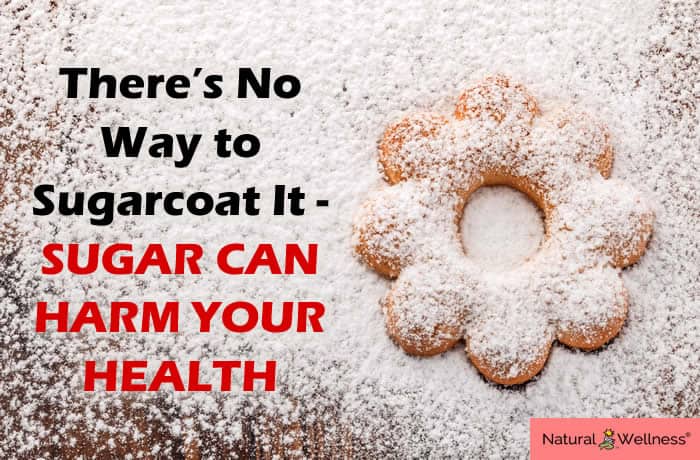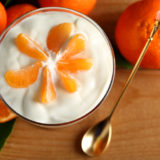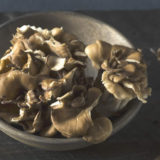

You know why it’s ridiculous to say that you have a sweet tooth? Because sugar is delicious! We all have a sweet tooth, or several teeth, in our heads. It’s built right into our DNA. Our ancient ancestors craved ripe fruit because it had the most sugar and supplied the most energy. That’s super useful when you’re spending most of your day hunting and gathering. Eating sugar also triggers the release of dopamine in your brain, and some scientists believe it should be considered an addictive drug.
Sugar addiction wasn’t such a problem for our ancestors, since there was rarely enough ripe fruit to go around. But in today’s modern world a candy bar is never far away. What happens when you feed those sweet teeth of yours? A whole mess of problems.
What Happens When You Eat Too Much Sugar
First of all, it’s bad for your teeth. Too much sugar is almost always a recipe for cavities. When the bacteria on your teeth eat sugar, they produce acid that damages the enamel. That’s a prime reason to limit your sugar intake and always brush your teeth.
Sugar may also contribute to weight gain. Research suggests that eating too much fructose reduces the effect of leptin, the hormone that tells your body when it’s had enough food. Like an alcoholic that builds up a tolerance for booze, our high-sugar diets may be fooling our bodies into thinking they’re not full. More room for empty calories, right?
Too much sugar and you won’t only be dealing with leptin resistance, but also insulin resistance. Insulin helps you convert food into energy, but your body’s sensitivity to that hormone is reduced. Common symptoms of insulin resistance include fatigue, hunger, and high blood pressure. It’s important to recognize these symptoms before insulin resistance graduates to full diabetes.
And the parade just keeps rolling. Too much sugar will also damage your liver*, your kidneys, and your pancreas. Excess fructose is a prime culprit for nonalcoholic fatty liver disease, increased risk of pancreatic cancer, and kidney damage. Sugar may also impact hypertension and heart disease. According to the CDC, there is “a significant relationship between added sugar consumption and increased risk for CVD (cardiovascular disease) mortality.”
Sugar Is Still Your Friend (in Moderate Doses)
After that last section, you might be itching to go on a strict sugar detox. Cutting down on sugar is always a good idea, but you don’t want to scrap it completely. Your body needs sugar to survive!
Do you know what the symptoms of low blood sugar are? Your blood sugar, or glucose, is your fuel. It’s the pep in your step. Your main source of glucose comes from carbohydrates, such as rice, potatoes, bread, cereal, fruit, vegetables, and milk. Cut too many carbs and you’re likely to experience the following:
- Blurred vision
- Dizziness
- Shakiness
- Anxiety
- Mood swings
- Sweating
- Confusion
- Tingly skin
And you’ll probably be hungry, too!
Cutting Out Sugar Isn’t Easy
The good news is, you don’t need to cut sugar completely to lose weight and feel great. The bad news is, our diets are packed with way more sugar than we realize.
In 2014, the World Health Organization lowered its adult sugar intake recommendations to five percent of your daily calories. That works out to about 25 grams of sugar per day. Let’s put that into context: One can of coke has 39 grams of sugar.
You can see why this is a problem.
Cutting unnecessary sugar from your diet isn’t easy. It requires a lot more planning and cooking than a lot of us have time for. Fortunately, there are several fun websites and recipe lists that can help you out (detailing that whole lifestyle here would take several more articles, and maybe even a book). One thing you absolutely should do is examine the sugar and fructose content in the food you’re currently eating.
Sugar is delicious, we can all agree on that. But like most sweet deals, it comes with one heck of a catch.
*For more comprehensive information on liver health, including liver-healthy recipes, visit: https://www.liversupport.com/
Editor’s Note: Learn more about GlucoCare, a proven, proprietary herbal formula comprised of herbs used in India for centuries, primarily to promote healthy blood sugar levels.




